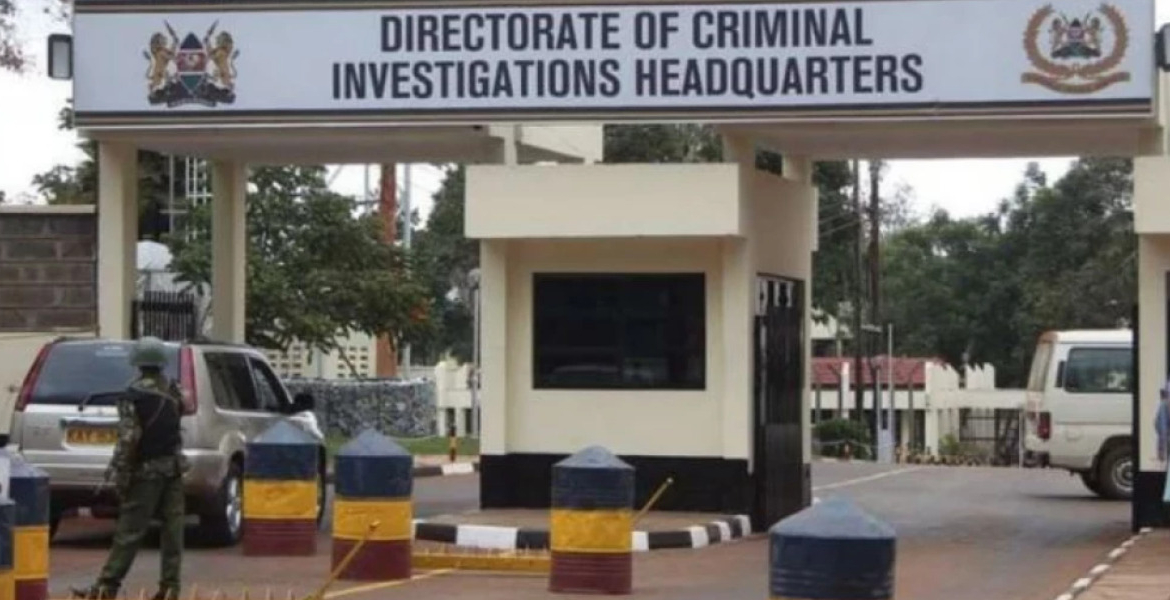DCI Denies Installing Spyware on Filmmakers’ Devices Linked to BBC Documentary

Kenya’s Directorate of Criminal Investigations (DCI) has denied claims that its officers installed surveillance software on devices belonging to four filmmakers linked to the BBC documentary Blood Parliament.
The denial follows a forensic report submitted in court, which indicated that commercial spyware had been detected on one of the devices while it was in police custody. The filmmakers, Bryan Adagala, Nicholas Wambugu, Chris Wamae, and Markdenver Karubiu, were arrested on 2 May during a police raid at their studio in Karen.
Although they were not formally charged, officers seized laptops, phones, and hard drives. The group was held overnight at Muthaiga and Pangani Police Stations before being released the next day on a free bond. Appearing in court on 1 October, DCI officials said the search and analysis of the equipment were carried out legally under a valid warrant.
“The allegations are false,” the agency said, insisting that no spyware or unauthorised software was installed on any of the devices.
They maintained that all examinations were conducted within the scope of the court-authorised search. However, the filmmakers’ lawyer, Ian Mutiso, disputed this account. In a court filing on 10 September, he cited findings from an independent forensic analysis which revealed spyware had been installed on Adagala’s phone while it was in police custody.
According to the report, the software was installed on 21 May at 5:17 p.m. The devices had been returned to Adagala on 10 July. The software identified is commercially available and typically requires physical access to a device to install.